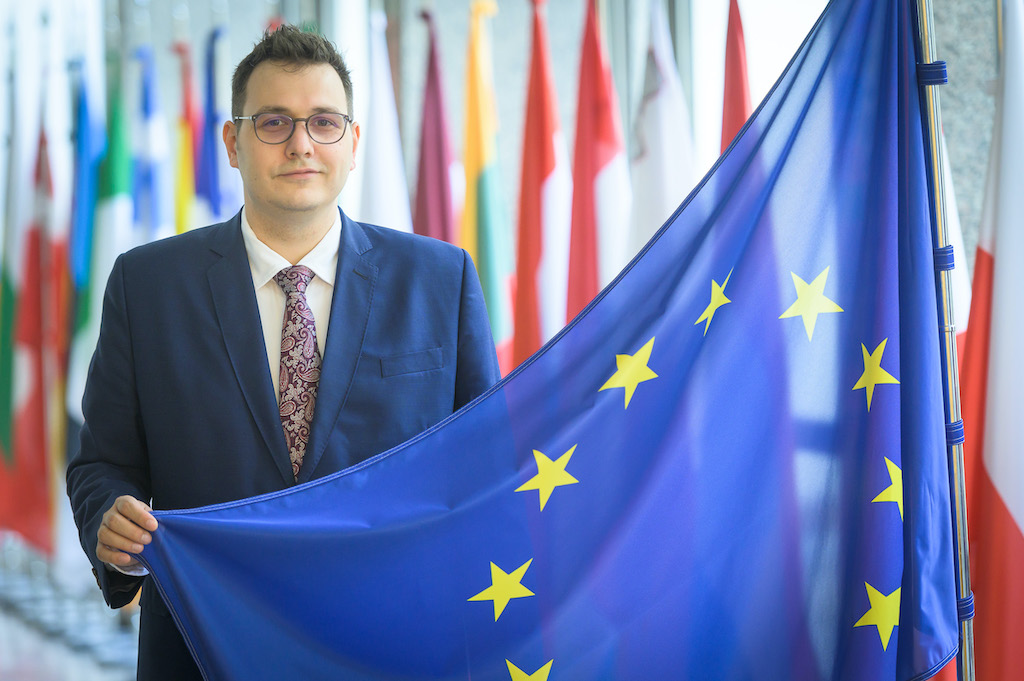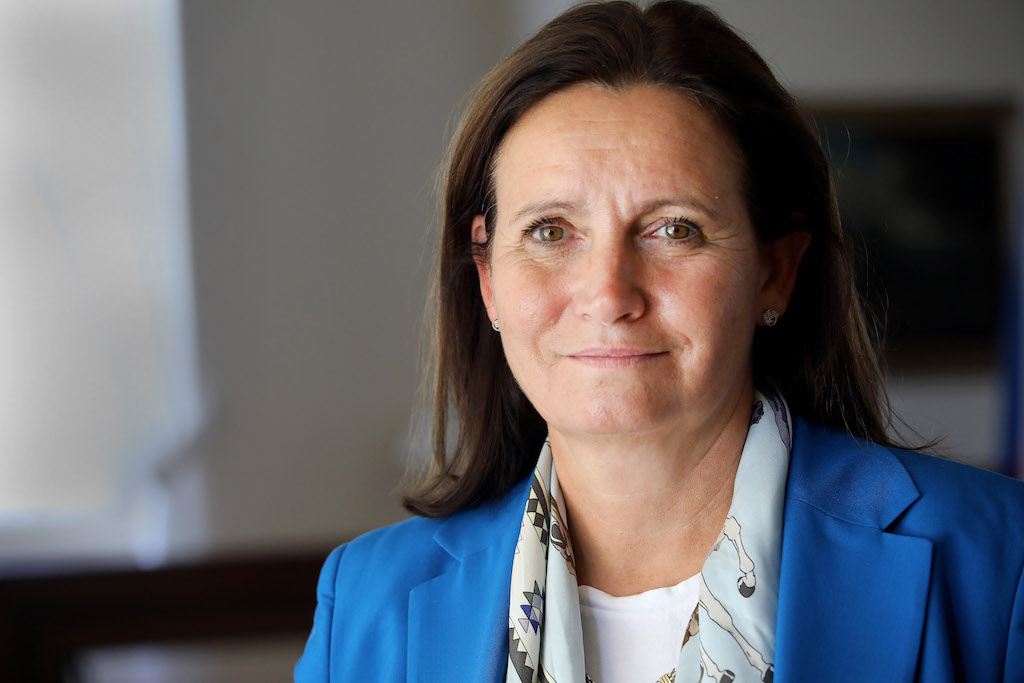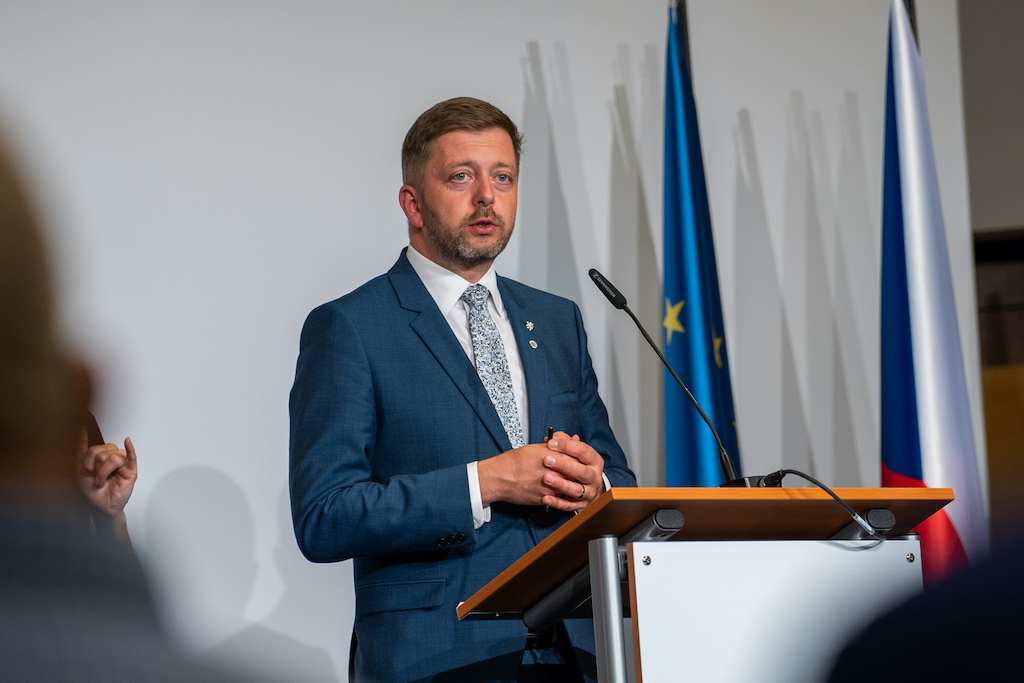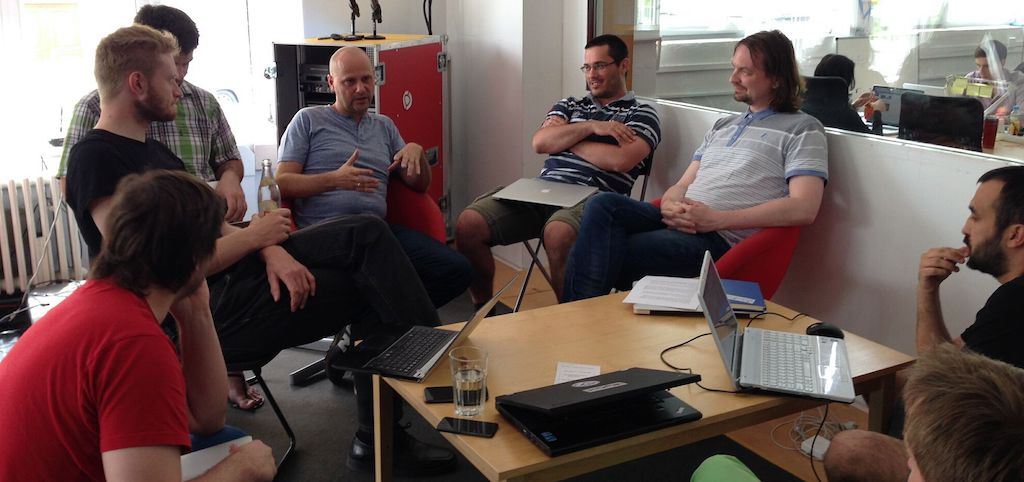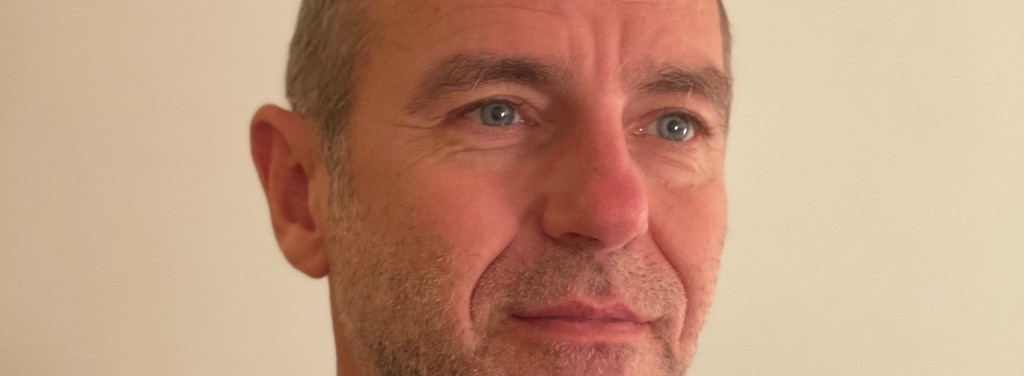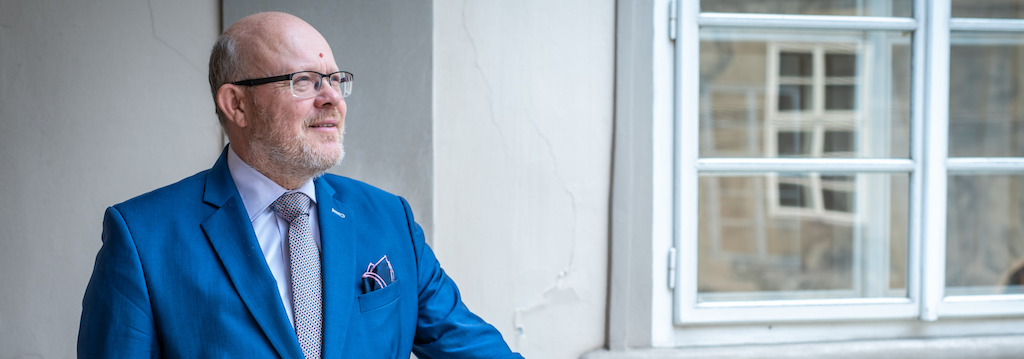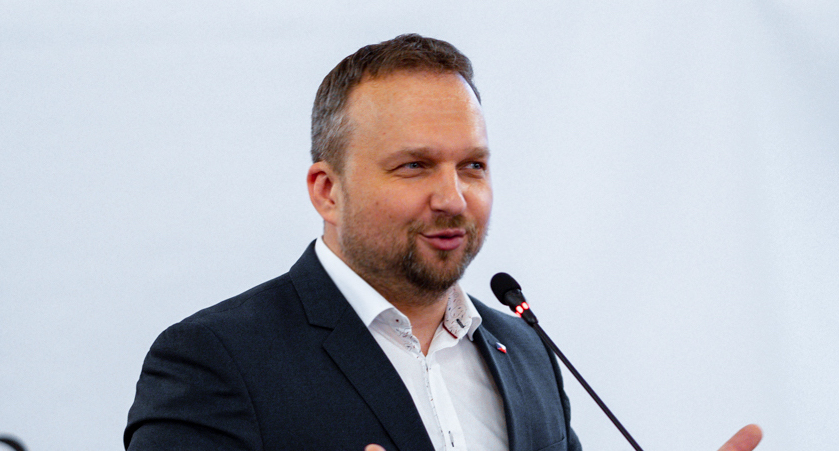Director of the Regional Council of Bretagnein charge onEurope and International
 You lead the European and International Affairs Department (DAEI), which deals with both North-South cooperation and all European issues, including the management of European funds. How are these different missions expressed and balanced?
You lead the European and International Affairs Department (DAEI), which deals with both North-South cooperation and all European issues, including the management of European funds. How are these different missions expressed and balanced?
Jacques The Vagueresse. The two policies are more complementary than they seem! Of course, European policies follow very specific rules and require a lot of rigor. Conversely, international relations and especially the countries of the South, call for a lot of voluntarism and animation to stimulate effective partnerships. In the end, if European funds mobilise more staff, exchanges between services allow us to remain innovative: on the simplification for the management of European funds and on the need to put more rigour sometimes in our international relations in order to avoid remain only on simple institutional relations.
The Bretagne Region has many actors of international solidarity. How do you accompany them?
JLV. We are just finishing a new “round” of consultations with all of these players. The objective is to redefine with them what are the interests of better working among themselves and what role the Region can have to accompany them in their projects. The idea is to increase the quality of the projects presented and that the intervention of the Region has a real leverage effect. But beyond this is also to offer them the means to have a space for dialogue and implementation of projects in common.
You are also a specialist in innovation and economic development. What is the role of the economy in the Region’s international strategy?
JLV. This is fundamental! If international relations are to be prevented from “going round in circles”, they must be injected with projects in common. Cultural, tourism and academic relations are particularly targeted in our international development strategy, and of course the economy. In this context, we rely on the development agencies of the Region, Bretagne Commerce International and Bretagne Développement Innovation, which enable us to ensure continuity and quality in the projects to be implemented.
You are on the front line to observe the consequences and opportunities of Brexit. Does this event have an impact on territorial cooperation?
JLV. Unfortunately yes. We are already seeing in various instances of European cooperation that some British regions are already excluded “de facto” from discussions. Many European regions consider that they have already left! For our part, we would like to take the opportunity to deepen the connection with Wales and to imagine new opportunities for cooperation after Brexit. But we must also anticipate the departure of the UK from the Interreg programs. We are demanding that the France Channel England program be fully programmed before mid-2019 and that the Brexit come into force so that the Breton and British partners do not get penalised. Finally, we are working with the CPMR to ensure that, by 2020, Europe does not forget us even though we will be a bit peripheral … and that the Atlantic program, for example, will be strengthened.






